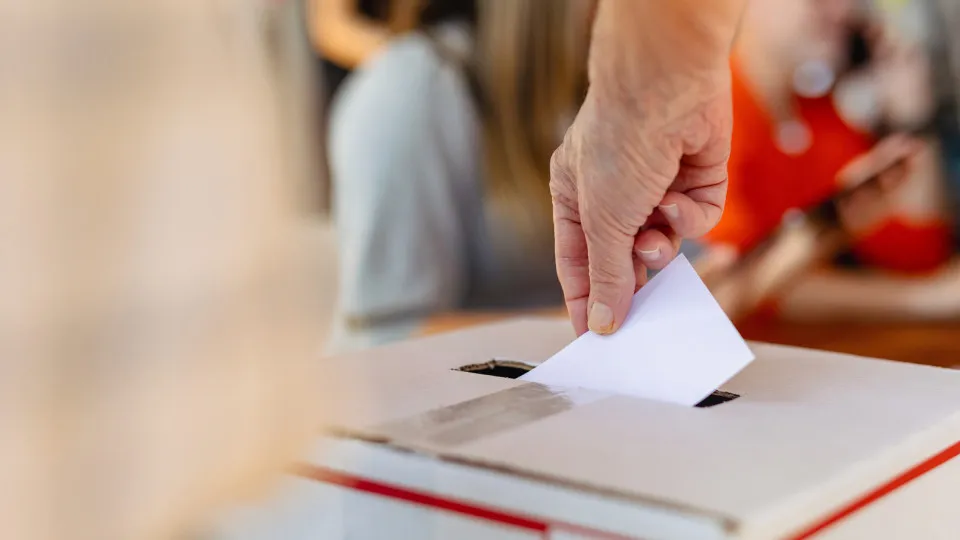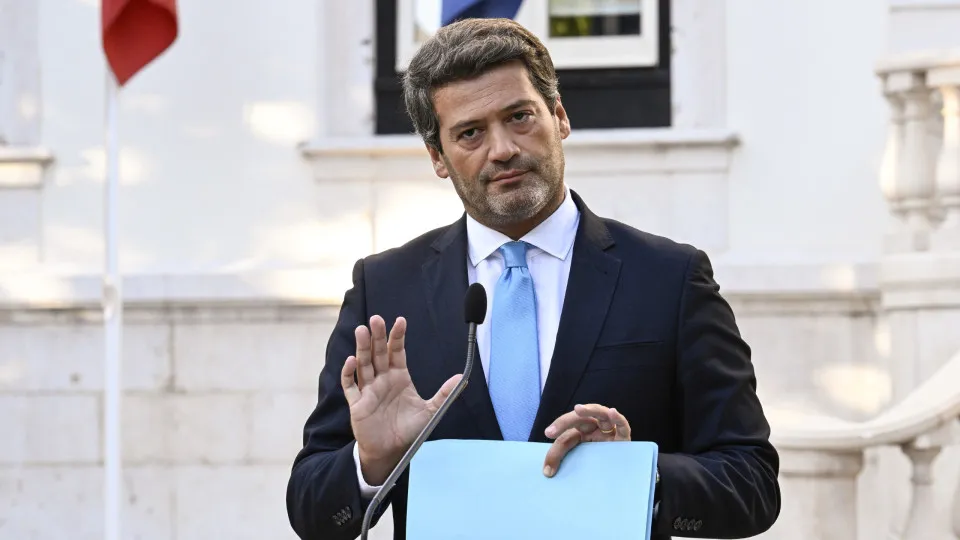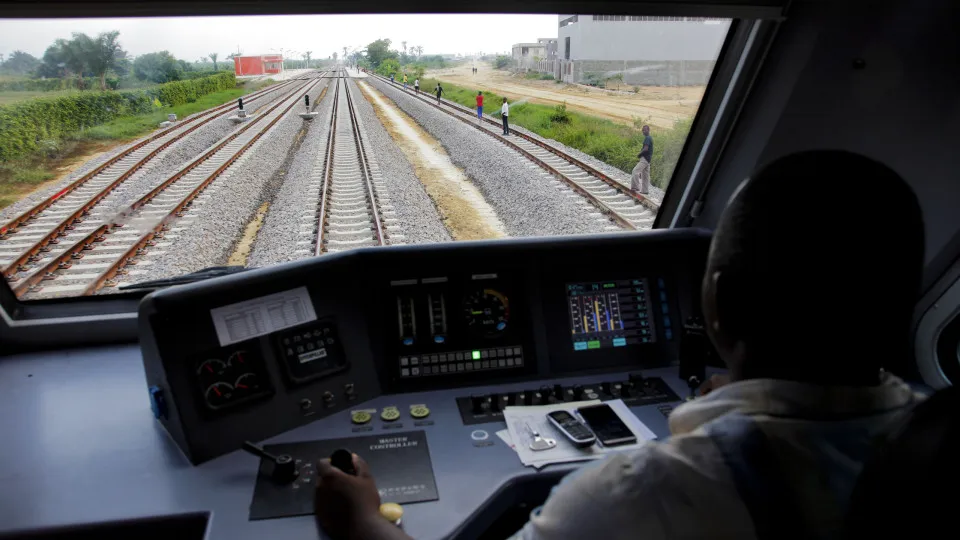
The commission has issued a statement on its website advising all parties involved, including candidates, political leaders, election process agents, and media professionals, to refrain from any actions that could be considered election propaganda on the day of local government elections.
The CNE notes it “frequently” receives reports regarding statements made by candidates and political leaders broadcast by the media on election day. These statements are perceived by a significant number of citizens as constituting election propaganda, which is prohibited on such days.
The commission warns that election laws forbid “any acts that, directly or indirectly, can constitute election propaganda by any means until the polls close (Article 177 of LEOAL1).”
“Voting is the culmination of the electoral process, actualizing citizens’ right to vote. It is crucial that this right be exercised freely, informed, and consciously,” it states.
The commission also highlights that propaganda through any medium is prohibited the day before and on election day.
In another note, it defines election propaganda as “any activity directly or indirectly aimed at promoting candidacies, whether of candidates, political parties, their official bodies or agents, coalitions, proposing citizen groups, or any other persons, including the publication of texts or images expressing or reproducing the content of such activity.”
The restriction of election propaganda on social networks such as Facebook, Instagram, X, LinkedIn, and TikTok is also emphasized. In these cases, posts published in public accounts, public-access groups, or personal profiles with public settings, or accounts extending beyond the network of ‘first-degree connections’, ‘followers’, ‘friends’, and ‘friends of friends’ are considered illegal propaganda on the eve and day of the election.
The commission also reminds, in a third communiqué on its site, that in exceptional situations, special public transport can be organized to ensure voters’ access to polling stations and sections.
More than 9.3 million registered voters (9,303,840) are eligible to vote in these elections, according to census data provided by the Ministry of Internal Administration’s General Secretariat.
In the local elections occurring on Sunday, voters will elect the governing bodies of 308 municipal councils, 308 municipal assemblies, and 3,221 parish assemblies.
An additional 37 parishes will select their executive in citizen plenaries, as they have fewer than 150 voters.




